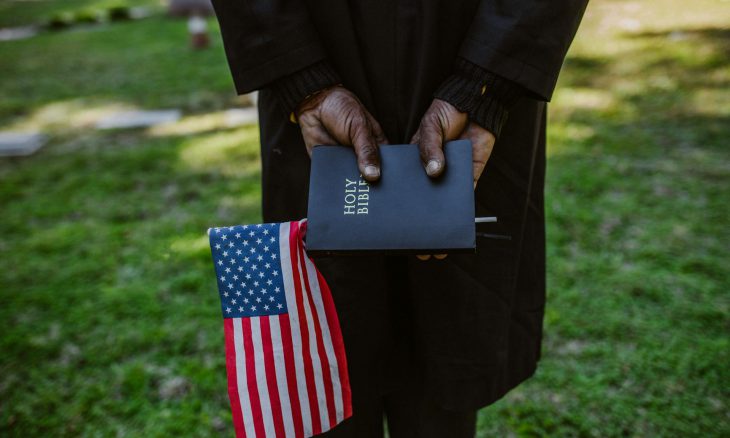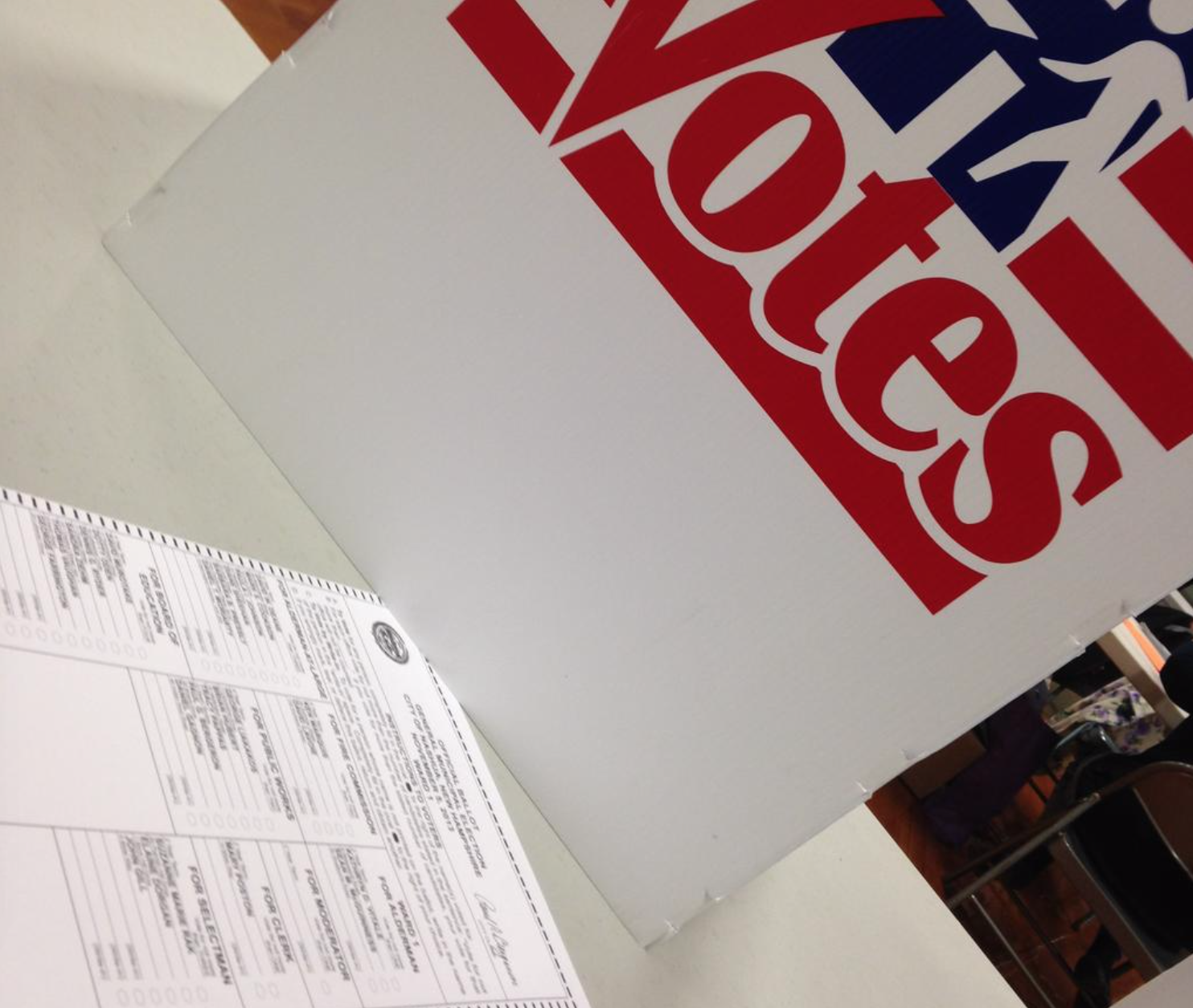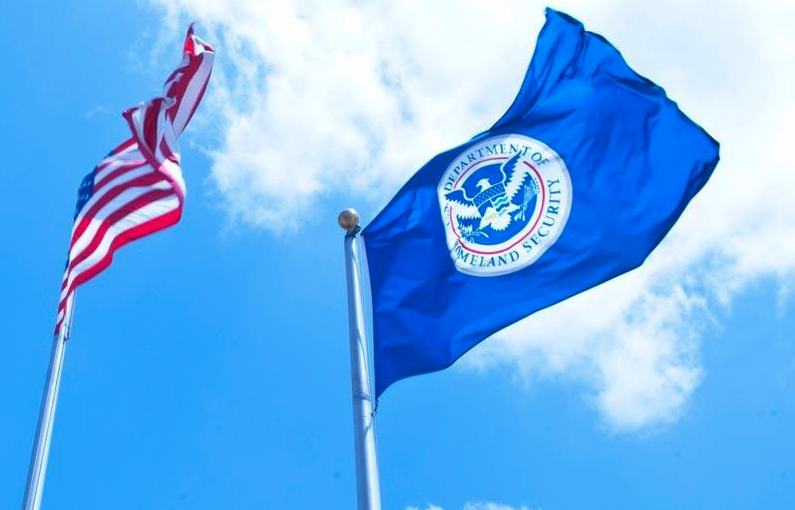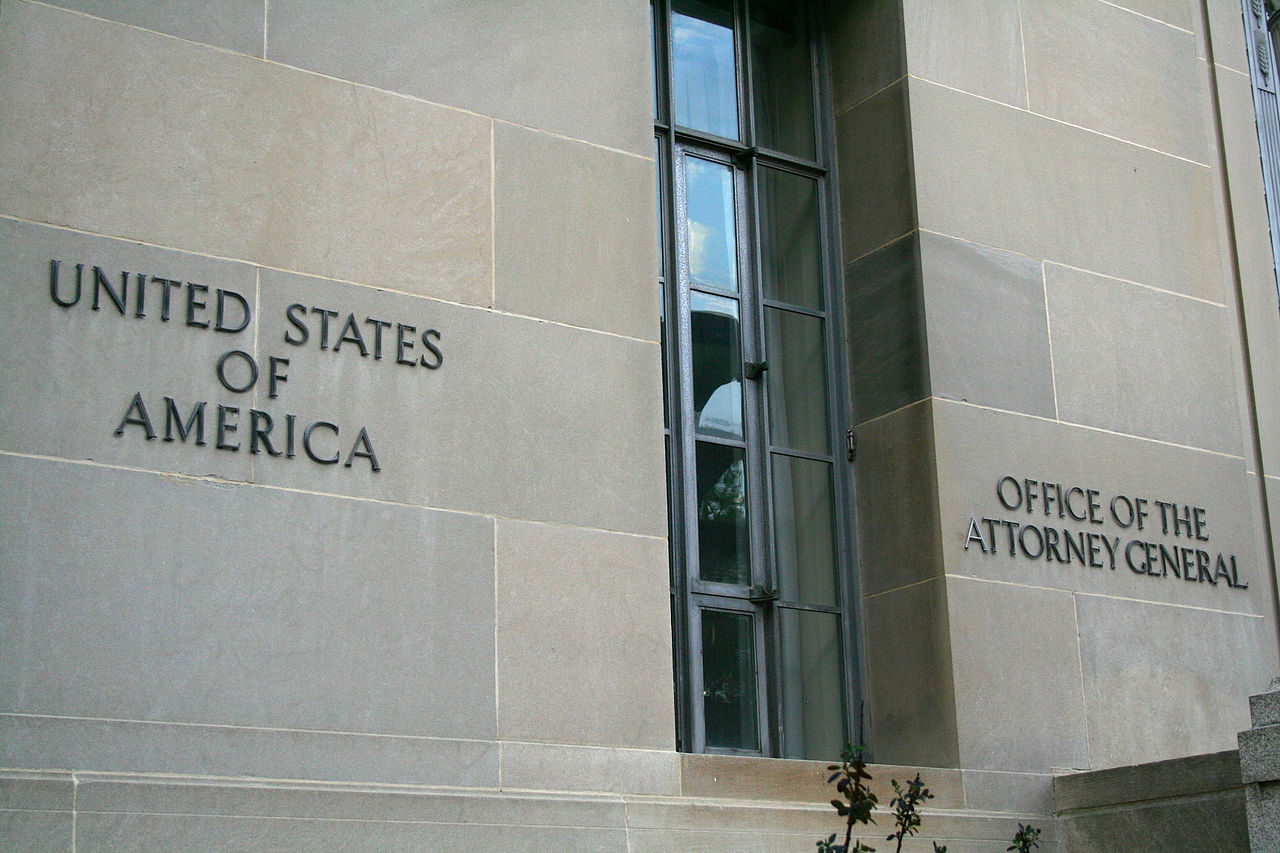The Ongoing Fight for Religious Freedom in a Secular Age.
PRAY FIRST for the Lord to help us live out our faith in this country and to help us navigate the complexities of religious freedom..
For the whole law is fulfilled in one word: ‘You shall love your neighbor as yourself.’ – Galatians 5:14
The foundation of religious freedom in the U.S. is deeply rooted in the First Amendment of the U.S. Constitution, which was ratified in 1791. This Amendment states, “Congress shall make no law respecting an establishment of religion, or prohibiting the free exercise thereof,” and it is considered one of the most important protections for individual liberty. Early interpretations of this clause purposed to ensure that the U.S. government would not establish a national religion, allowing citizens to practice their faith freely.
Over time, the interpretation of the First Amendment has evolved—shaped by historical events and cultural shifts. In the 20th century, landmark Supreme Court cases, such as Everson v. Board of Education (1947) and Engel v. Vitale (1962), expanded the interpretation of the Establishment Clause, ensuring a clearer separation of church and state. Meanwhile, the Free Exercise Clause has been invoked to protect religious practices from government interference. Together, these two clauses have created a unique legal framework for religious freedom in the U.S.
Intersections in Contemporary Society
Religious freedom remains a fundamental right, but its application has become more complex. Today, religious freedom is often debated in relation to other societal values, such as non-discrimination and equality. For example, recent Supreme Court cases, such as Masterpiece Cakeshop v. Colorado Civil Rights Commission (2018), have highlighted tensions between religious beliefs and anti-discrimination laws, raising questions about where religious freedoms begin and ends in public life.
Religious freedom also intersects with issues of healthcare, education, and public services. While religious institutions continue to enjoy protections under the Free Exercise Clause, the application of these rights is continually shaped by societal values, legal precedents, and the shifting culture and political landscape.
Throughout U.S. history, the Supreme Court has played a key role in defining the boundaries of religious freedom. Cases like Burwell v. Hobby Lobby (2014), which allowed closely held companies to deny certain types of healthcare coverage based on religious beliefs, and Obergefell v. Hodges (2015), which legalized same-sex marriage, show how religious freedom is frequently at the center of legal battles. These rulings show both the expansion and restriction of religious freedoms, depending on the case and context.
In recent years, religious freedom has become a more prominent issue in the public and political arenas. Factors such as the rise of secularism, evolving social norms, and debates over LGBTQ+ rights and reproductive health have all influenced how religious freedom is viewed and applied in contemporary America.
Cultural Shift
Most U.S. citizens view religious freedom as a fundamental right. However, opinions on its application have shifted in response to recent political and legal developments. For some, religious freedom remains synonymous with individual rights, while others perceive it as a vehicle for religious groups to exert influence in public life. A 2021 survey by the Pew Research Center found that the majority of Americans expressed concerns about both protecting individual religious rights and ensuring that religion does not unduly influence government policies. This highlights the delicate balance between protecting religious expression and maintaining secular public institutions.
For religious minorities, religious freedom is a critical issue. Many feel adequately protected by current laws but remain concerned about rising social tensions. Issues such as Islamophobia, Christian persecution, and anti-Semitism have prompted many religious minorities to seek stronger legal protections. At the same time, the broader public remains divided over whether religious freedom should allow exemptions from laws designed to protect other rights.
The Balance for the Future of Religious Freedom
One of the most significant challenges in maintaining religious freedom is balancing federal and state laws. While the U.S. Constitution protects religious freedom nationwide, individual states have their own regulations, leading to inconsistencies across the country. The Religious Freedom Restoration Act (RFRA) of 1993 continues to influence legal battles, offering protection for individuals who claim their religious practices are being burdened by government policies. Nevertheless, debates around the RFRA often center on how to balance religious freedom with non-discrimination policies, particularly in areas like employment and healthcare.
The rise of secularism in the U.S. has shifted the conversation around religious freedom. As societal views become more diverse, the balancing act between religious freedom and other rights becomes more pronounced. Social norms around LGBTQ+ rights and abortion have brought challenges to existing religious freedom protections, with legal cases often reflecting these tensions. There is an ongoing debate about whether religious institutions can claim exemptions based on religious beliefs, further complicating the issue.
Looking forward, religious freedom in the U.S. faces several challenges. Maintaining social cohesion while protecting individual rights will be crucial. Policymakers must strike a balance between respecting religious beliefs and promoting a pluralistic society. Emerging issues, such as the intersection of religion and technology or healthcare, will also play a role in shaping the future of religious freedom.
Pray the Vote 2024 – Candidate and Party Positions
As the election nears, the presidential candidates have expressed their views on how to address the concerns in the United States regarding protecting religious freedom. Here are their platforms.
SPECIAL NOTE: The full platform for each party can be found on their respective websites. The following excerpts are unedited. Reader discretion is encouraged as these are political statements and have not been checked for accuracy. The Presidential Prayer Team is non-partisan and does not support or endorse any of the following statements.
2024 Democratic Party Platform:
COMBATING HATE & PROTECTING FREEDOM OF RELIGION
Certain core values bring us together as Americans — and one of them is standing together against the hate, racism, bigotry, and violence that have long haunted our nation. We can and must come together regardless of our backgrounds.
…
President Biden and Vice President Harris have taken historic action to stand up to hate. President Biden signed the Emmett Till Anti-Lynching Act to finally make lynching a federal crime. He hosted the United We Stand Summit, elevating the fight against hate to the highest levels of our government. He signed COVID-19 Hate Crimes Act after AANHPI Americans faced a wave of hate during the pandemic. He has sought increased funding to improve the prevention, reporting and prosecution of hate crimes. And Democrats secured the greatest funding increase in history for bolstering the security of nonprofits, including houses of worship.
…
The Administration released the first-ever National Strategy to Counter Antisemitism, outlining a whole-of-society effort, including unprecedented, coordinated, and bold actions across government agencies, and calls to action for Congress, state and local governments, companies, technology platforms, and others. As part of that strategy, the Administration clarified, for the first time in writing, that Title VI of the Civil Rights Act of 1964 prohibits certain forms of antisemitic, Islamophobic, and related discrimination, including discrimination by national origin, in federally funded programs and activities.
…
Democrats condemn the decades-long campaign to demonize the Muslim community and will end policies that target American Muslims as security threats. We will combat hate crimes and white nationalist terrorism. We will prioritize the investigation of hate crimes against trans and non-binary people. And we will continue to increase security at houses of worship.
That’s why Democrats will protect the First Amendment right to free exercise of religion for everyone, and we will maintain the separation of church and state. In contrast, the Trump Administration attacked religious freedom by demonizing some faiths and preferring others.
We will advocate for religious freedom across the world. And, we will continue to honor both religious freedom and other civil rights, not put them at war with one another. This critical work is led by Ambassador Rashad Hussain, the first Muslim to serve as Ambassador at Large for International Religious Freedom.
And we will continue to recognize faith communities’ acts of service, which are critical pillars of their communities.
2024 GOP Platform:
Freedom to Pray
Republicans will champion the First Amendment Right to Pray and Read the Bible in school, and stand up to those who violate the Religious Freedoms of American students.
…
Republicans Will Defend Religious Liberty
We are the defenders of the First Amendment Right to Religious Liberty. It protects the Right not only to Worship according to the dictates of Conscience, but also to act in accordance with those Beliefs, not just in places of Worship, but in everyday life. Our ranks include men and women from every Faith and Tradition, and we respect the Right of every American to follow his or her deeply held Beliefs. To protect Religious Liberty, Republicans support a new Federal Task Force on Fighting Anti-Christian Bias that will investigate all forms of illegal discrimination, harassment, and persecution against Christians in America.
Why It Matters and How We Can Respond
Religious freedom is a point of legal and social tension. As our country continues to navigate through shifting cultural and political changes, the future of religious freedom depends on our voices to inform and our votes to elect strong leaders who can protect this fundamental right. It’s vital that we protect the rights of individuals to practice their faith without fear of discrimination or coercion, while also fostering a society where anyone can practice their beliefs.
As Christians, religious freedom holds a deeper significance because it allows us to live out our faith authentically. However, the biblical call to love our neighbor extends beyond just protecting our own rights. The freedom to express one’s faith is not only a personal right; it reflects the dignity and value that God has placed on every individual.
We are called to learn from the importance of protecting religious freedom as a way of living out loving our neighbors even when they may be difficult to love. In doing so, we help create a society where the love of Christ can shine through acts of respect, kindness, and advocacy.
So whatever you wish that others would do to you, do also to them, for this is the Law and the Prophets. – Matthew 7:12
HOW THEN SHOULD WE PRAY:
— Pray for the strength and courage to stand firm in our faith, while approaching others with humility and grace. Be watchful, stand firm in the faith, act like men, be strong. Let all that you do be done in love. 1 Corinthians 16:13-14
— Pray for God’s wisdom to guide us as we engage in conversations about religious freedom and differing beliefs. Help us to speak truth with kindness, to listen without judgment, and to represent Christ in how we approach difficult discussions. A soft answer turns away wrath, but a harsh word stirs up anger. Proverbs 15:1
CONSIDER THESE ITEMS FOR PRAYER:
- Pray for government officials and policymakers to have the wisdom to create and uphold laws that protect religious freedom for all faiths.
- Pray for the safety and security of places of worship and religious institutions, ensuring they can operate without fear of persecution or violence.
- Pray for peace, understanding, and unity as Americans wrestle with the ideals and values of our nation moving forward, and how it should value this fundamental right of religious freedom.
- Pray for the Lord to help us approach discussions on religious freedom with respect, while still speaking the truth with grace and compassion, even when we disagree with others.
Sources: Pew Research Center, United States Department of Justice, Supreme Court of the United StatesDemocrats.org, RNCPlatform.DonaldJTrump.com









